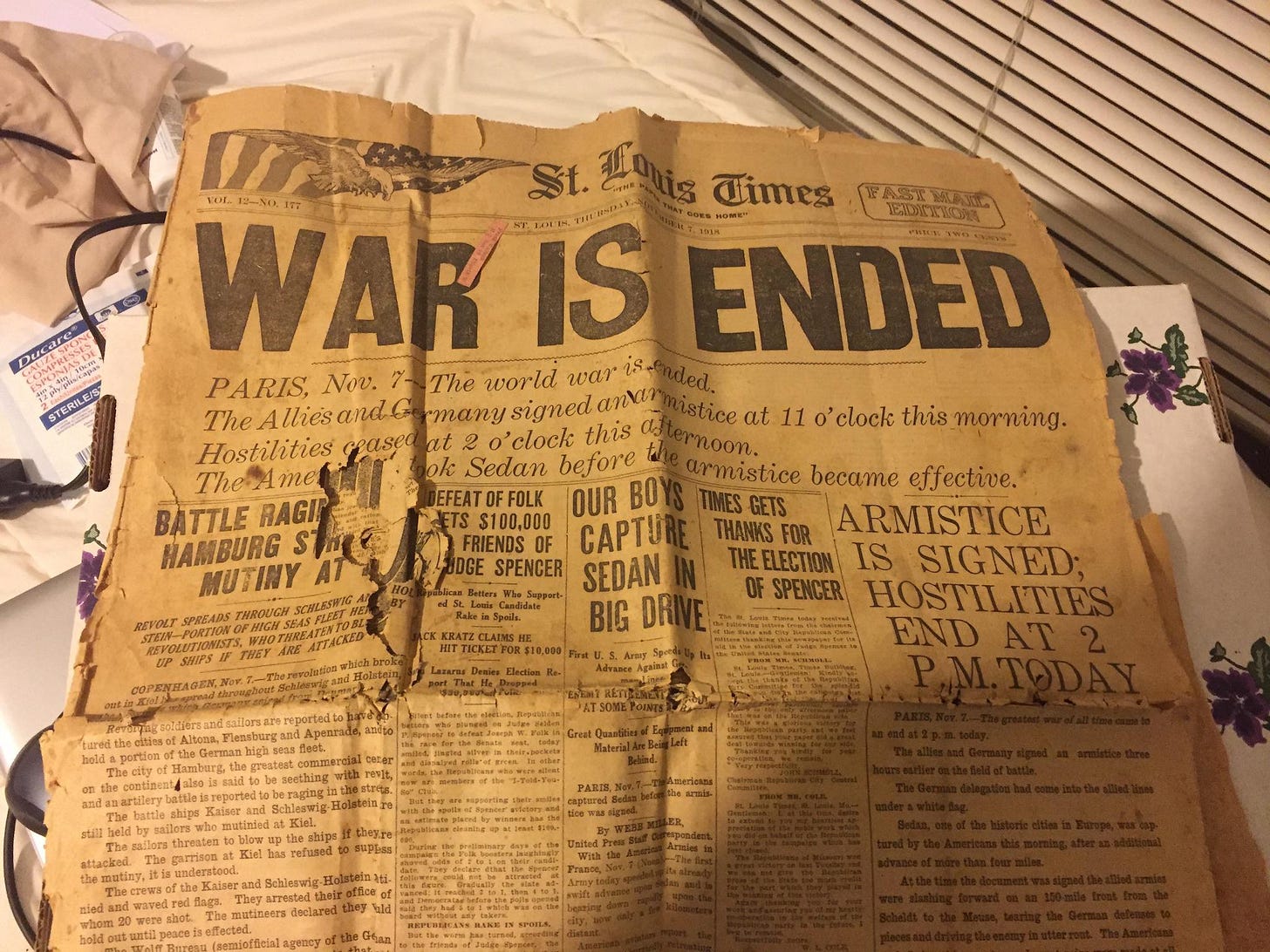The Gaza War is the longest in Israel’s history and is still ongoing. At the time of writing, the war is entering its 10th month. That’s unusual as Israel’s past wars have been relatively short. So, will this long war ever end?
Let’s go to the beginning:
On 7 October 2023, Israel was viciously attacked by 3,000, mainly Hamasniks, who breached and crossed the fence separating Israel from Gaza, entered villages, and killed 1,200 Israelis, also taking more than 200 hostages into Gaza. This has been the most disastrous event in Israel’s history since the establishment of the state in 1948. Never before did the enemy (surely not Palestinians) occupy Jewish villages and stay there for so many hours (well, the exception was perhaps 1948 when the enemy did succeed in occupying Jewish villages).
In October, the Israeli Defence Forces (IDF), which considers itself one of the best militaries in the Middle East, if not in the world, failed in its mission to protect Israel and Israelis. In fact, it failed twice. The first was when it failed to realise that a Hamas attack was coming; all the signs had been out there. Second, it failed to come to the rescue on time; IDF forces took more than eight hours to get into the villages.
Soon after the Hamas attack, Israel invaded the Gaza Strip with 4-5 divisions. That’s an enormous force! Mind you, in the 1967 Six-Day War, Israel employed three divisions to seize the entire Sinai Desert and the Gaza Strip. Why the current Gaza war is so long?
First, fighting in an urban area is complicated, and the Gaza Strip, with its 2.3 million Palestinians, is a crowded urban area. Fighting in such a densely populated environment requires relocating the population, and it takes time. Second, due to a lack of troops (the IDF is too small), the Israeli way of fighting in the Gaza Strip has been to move in phases from north to south rather than attacking simultaneously in the north, centre and southern (Rafah) Gaza Strip. Such a way of fighting is time-consuming. Lastly, fearing too many Israeli casualties (Israeli society can’t stand a high number of casualties), the troops, at least at the beginning of the war, moved like a herd of elephants, slowly and forcefully, bombing from the air first, then shelling with artillery, then sending in heavy bulldozers to clear the path, and only then sending in the troops; such a way of fighting is slow.
At the time of writing, Israeli forces are still fighting inside the Gaza Strip with around a division, trying to topple Hamas, which, after so many months, is naturally battered and bleeding but still standing - Hamas will survive the Israeli onslaught for sure, and likely to rebuild itself in the Gaza Strip.
Let’s return to my initial question: Will the Gaza War ever end?
The answer to this question is a big yes. Why am I so confident? Simply because that’s the nature of wars. Think of the First World War: the muddy trenches, the industrial killings, and so on. I can imagine British, French, and even German troops looking up to the sky, seeing the shells flying overhead, asking themselves: “Will it ever end?” It did, of course. Because, at some stage, wars end.
As for the Gaza War, it will probably end through a long cease-fire between Israel and Hamas as part of a hostage deal to release the Israeli hostages who are still kept in flats and tunnels in the Gaza Strip. I should perhaps qualify the latter: The Gaza War will end, but the current Israeli leadership, political and military alike, will try its best to prolong the war. There are two reasons for that. The first is that Prime Minister Benjamin Netanyahu and the IDF leadership were at the helm when the 7 October Hamas attack struck. This terrible disaster is on their watch, and they know that. To stay in power - and here I’m referring mainly to Netanyahu - they need the war to continue; as long as it is underway, the mantra remains in Israel that you do not change horses in midstream. Second, Israel’s political-military leadership tries to collect small victories as a way of trying to snatch victory from the jaws of defeat so that history, at least in part, will forgive them for the initial disaster. To do so, they need the battle to continue.
Sadly, those who will pay the price for that are the Gazans and the Israeli hostages who are still in Gaza, as many of them - both Gazans and hostages - will die because of the terrible conditions which exist in the Strip and Israeli fire.
![Ahro[n]pinion: Israel & Middle Eastern Affairs](https://substackcdn.com/image/fetch/$s_!raDG!,w_80,h_80,c_fill,f_auto,q_auto:good,fl_progressive:steep,g_auto/https%3A%2F%2Fsubstack-post-media.s3.amazonaws.com%2Fpublic%2Fimages%2Fa3267808-8a75-4b8a-acfb-53838512afbe_1059x1059.png)

![Ahro[n]pinion: Israel & Middle Eastern Affairs](https://substackcdn.com/image/fetch/$s_!raDG!,w_36,h_36,c_fill,f_auto,q_auto:good,fl_progressive:steep,g_auto/https%3A%2F%2Fsubstack-post-media.s3.amazonaws.com%2Fpublic%2Fimages%2Fa3267808-8a75-4b8a-acfb-53838512afbe_1059x1059.png)

